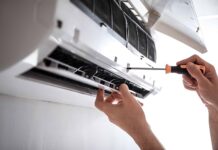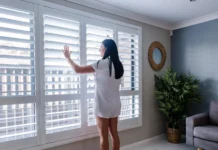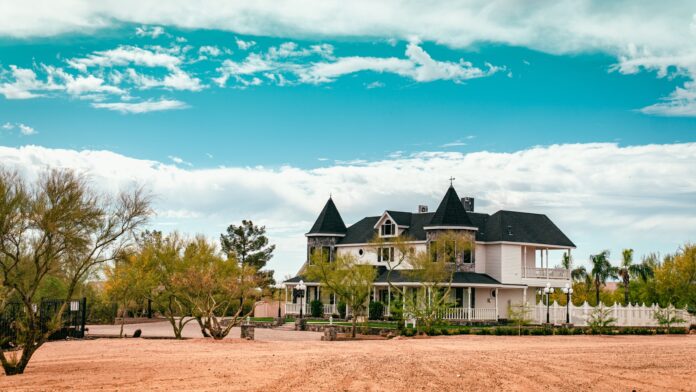
Besides being a place where love and memories reside, most homeowners consider their home a financial asset. That is because a house also has a significant value and monetary investment attached to it. Whether you think your home’s worth is the price at which you bought it or its potential selling price. Your financial expenditure should yield a reasonable return over time.
Most people believe the location of their homes is the most critical factor influencing the value. And yes, that may be true. However, many other aspects will also impact the value of your property. Some of them may be very much in your control and others understandably out of your control.
Most property owners are aware of the reasons that can negatively influence and decrease property value. However, there are other unusual factors worth mentioning.
Read this post, and it will make you better equipped to know how to protect yourself from disappointment. And in contrast, it will help you achieve the highest possible return on your investment when the time for sale comes.
1. Neglecting Upgrades and Updates
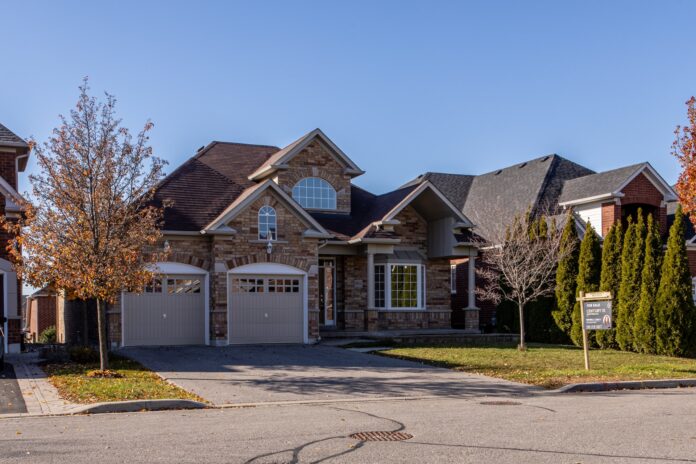
Maintenance is of utmost importance and will significantly contribute to your overall property value. Many areas in your home are susceptible to depreciation. For instance, holes could develop on walls, HVAC can break down, and faucets can start leaking. Neglecting your home and letting it fall into complete disarray will significantly lower its value than your neighbours.
Say you’re looking to price your house high enough to attract serious offers in the future? In that case, you’ll need to ensure regular maintenance to protect your home from harm and maintain its excellent condition. Be keen to spot early signs of potential problems in your floors, roofs, foundation and seek professional help if need be.
2. Termite Damage
Termites are tiny, but they can significantly reduce the value of a home in a relatively short time. According to experts, the discovery of a termite infestation and damage will substantially lower the property value.
Termites can weaken your property’s structure, destroy its aesthetic appeal, negatively affect the house’s market value, and scare off potential buyers. Prolonged termite infestation may leave your home with damages beyond repair, requiring you to replace structural wood. Suppose your home has a history of termite damage. In that case, unfortunately, prospective buyers will use it as a bargaining chip, forcing you to sell your house below its market value. Sometimes, if you’re in luck, repairs and renovations may save your property, but having to replace wooden structures in your house will be expensive.
To prevent your house from termites attacks, the pest experts will create a chemical protection barrier. Also, they will regularly inspect the entire property to ensure no hidden termites. Treating your property at the earliest sign of termite infestation will help maintain its value as termites won’t continue causing severe damage.
3. Home Improvements Not Conforming with Codes
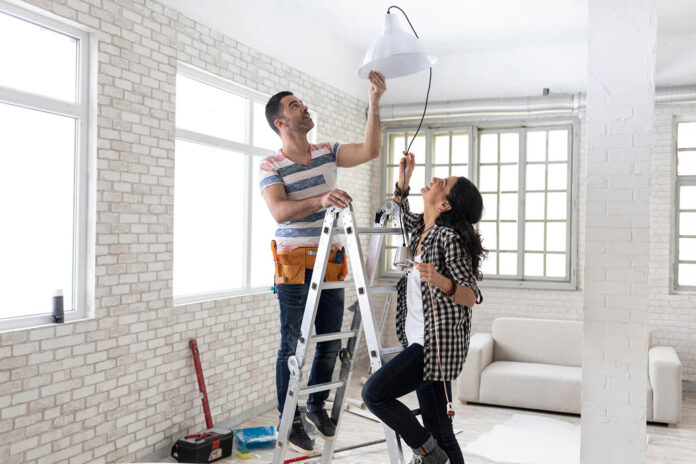
Some homeowners may not know that there are home improvement codes to ensure the renovators comply with laws and regulations. These codes vary from state to state and range from roofing to retrofitting windows, renovating kitchens, and adding new rooms.
Though violating some of these municipal housing codes may not necessarily pose occupants immediate danger, it can significantly push your property value down. Homebuyers want to make sure all renovations have been completed as per the local code. Failing to comply with building regulations will result in the buyers negotiate lower prices, seeing as they’ll have to pay to fix the violation or obtain a retroactive permit.
4. Lack Of Curb Appeal
Believe it or not, a general appeal can boost or hurt your home value. Your home will sell faster, and potential property buyers will be willing to pay more for a home that entices them the first time they pull up to look at it. Curb appeal refers to how attractive your home is to banks and potential buyers.
A recent study by Michigan State University found that a home with improved landscaping and efforts towards curb appeal can enhance its perceived value by a great deal.
Luckily, minor adjustments and remodelling can quickly correct errors like chip in front door paint, lousy landscaping, unmaintained driveways, outdated light fixtures, and a dated roof. Consequently, by giving your home an updated look, you’ll eventually get a higher return on investment.
5. Outdated Kitchens and Bathrooms
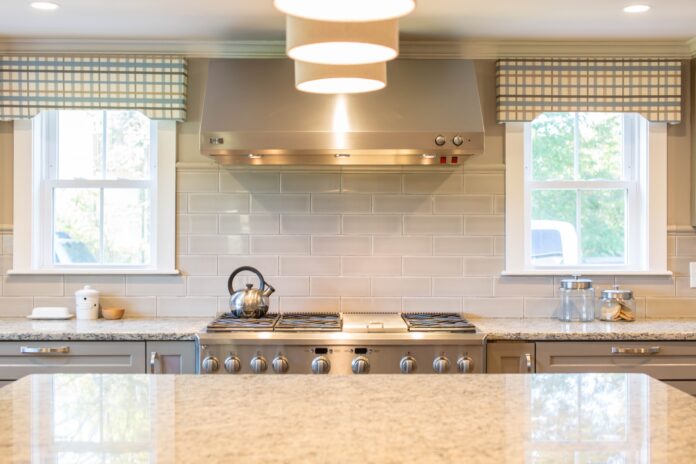
Your kitchen and bathroom will lower the value of your home if they are outdated and upgraded. The worn and dated parts of your old kitchen, like cabinets, fixture styles, and countertops, significantly devalue your property. An old bathroom may present a remodelling problem and turn away potential buyers. An updated bathroom and kitchen can add your home value. When upgraded correctly, you will get your money back and more when it comes to selling it.
6. Unnecessary Renovations
Renovations and home upgrades can potentially increase the property value of your home. However, this isn’t always the case, and some upgrades will do the exact opposite. For instance, too much wallpaper can go overboard and turn out overwhelming for some buyers.
Combining two rooms to create a massive luxury bathroom or bedroom may appear like a waste of space for buyers needing more bedrooms to accommodate their families.
Additionally, adding a backyard pool in colder places may turn off some buyers. Swimming pools also come with routine maintenance, which is not cheap either.
Instead, focus on upgrades that will add your property’s resale value. A fresh coat of paint on the wall and ceiling, pressure cleaning your roof, or replacing windows increases property value as you enhance your home appeal.
The Bottom Line
Home value can depreciate or appreciate with time. Property owners should make efforts towards improving or maintaining optimal home conditions. Making the necessary repairs and updates, replacing outdated appliances with the latest ones will keep the home in its best condition throughout the years. Subsequently, increasing the home value and yielding you higher returns.




